Executive Editor
Ayşe Erginer
Art Director & Deputy Editor
Emily Wallace
Managing Editor
Annie Lubinsky
Associate Editor
Irene Newman
Assistant Editor
Walker Livingston
Contributing Editor
Scott Schomburg
Poetry Editors
Gabrielle Calvocoressi & Destiny Hemphill
Music Editor
Aaron Smithers
Founding Editors
John Shelton Reed & Harry Watson
Print Design
Hudd Byard
Print Production
Sam Dalzell
Web Developer
James White
Center for the Study of the American South
Blair LM Kelley, Director
Faculty Editors
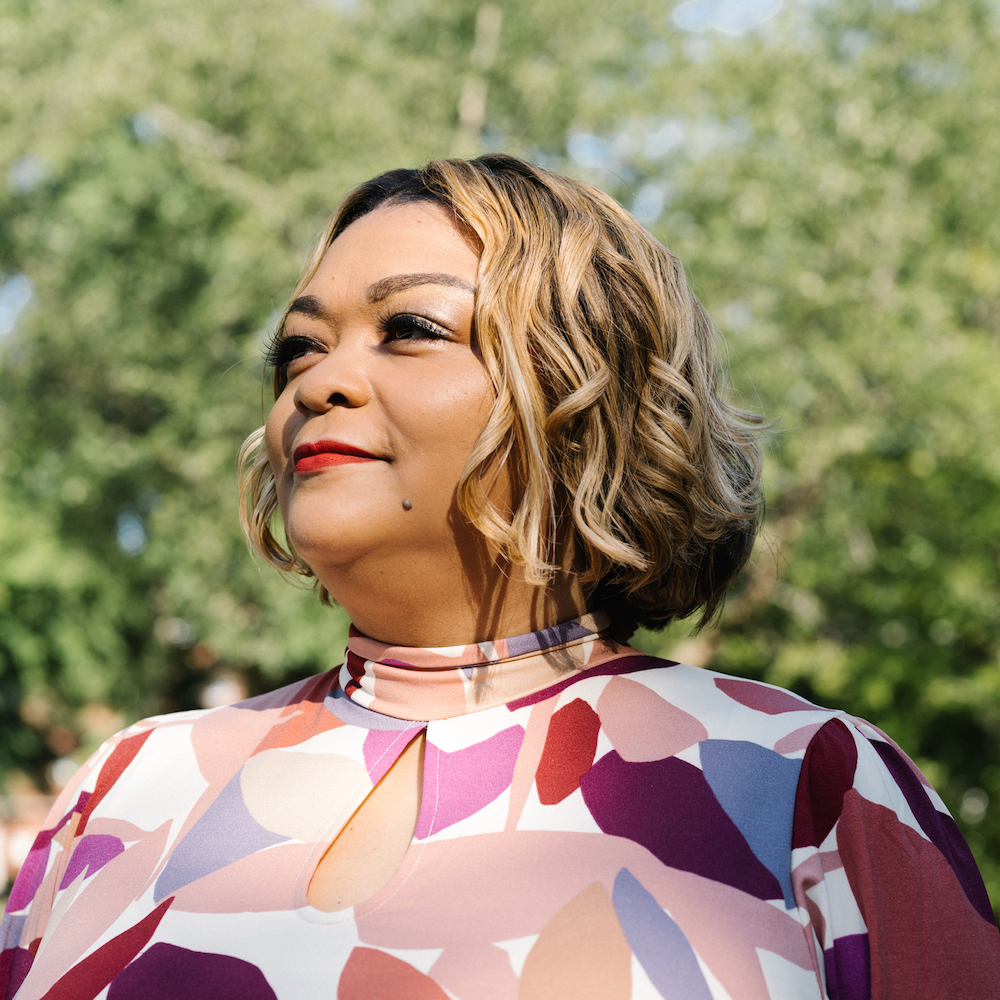
Regina N. Bradley
English, Kennesaw State University
Regina N. Bradley, an award-winning writer and researcher of the Black American South, is an alumna Nasir Jones HipHop Fellow (Hutchins Center, Harvard University, Spring 2016), associate professor of English and African Diaspora Studies at Kennesaw State University, a faculty editor for Southern Cultures journal, and cohost of the southern hip hop podcast Bottom of the Map with music journalist Christina Lee. A leading scholar on contemporary southern Black life and hip hop culture, Bradley has discussed her work on a range of media outlets, including NPR, Netflix’s hip hop docuseries Hip-Hop Evolution, Washington Post, and Atlanta Journal-Constitution. In May 2017, Bradley delivered a TEDx talk, “The Mountaintop Ain’t Flat,” about hip hop in the American Black South. She is the author of Chronicling Stankonia: The Rise of the Hip-Hop South, the editor of An OutKast Reader, and coeditor of the third edition of That’s the Joint!: The Hip Hop Studies Reader, with Murray Forman and Mark Anthony Neal.

Marcie Cohen Ferris
American Studies, University of North Carolina at Chapel Hill
Marcie Cohen Ferris’s research and teaching interests include southern history and culture—particularly the foodways and material culture of the American South, the history of the Jewish South, and American Jewish identity and culture. Ferris’s Matzoh Ball Gumbo: Culinary Tales of the Jewish South (UNC Press, 2005) was nominated for a 2006 James Beard Foundation Award. She is co-editor of Jewish Roots in Southern Soil: A New History (University Press of New England, 2006). In her book The Edible South: The Power of Food and the Making of an American Region (UNC Press, 2014), Ferris explores the experience of food as an evocative lens onto colonial settlements and antebellum plantations, New South cities and Civil Rights-era lunch counters, chronic hunger and agricultural reform, counterculture communes and iconic restaurants. Before her January 2015 appointment as an editor for Southern Cultures, Ferris served as guest editor for three special issues on food and foodways. She is professor emerita of American Studies at the University of North Carolina at Chapel Hill.
Editorial Board

Kinitra Brooks
English, Michigan State University
Kinitra Brooks is the Audrey and John Leslie Endowed Chair in Literary Studies in the Department of English at Michigan State University. Brooks specializes in the study of Black women, genre fiction, and popular culture, as seen in her weekly column for The Root, “The Safe Negro Guide to Lovecraft Country” and in her multiple visits as a commentator on NPR’s 1A. She has coedited The Lemonade Reader (Routledge, 2019), an interdisciplinary collection that explores the nuances of Beyoncé’s 2016 audiovisual project, Lemonade. Her two other books are Searching for Sycorax: Black Women’s Hauntings of Contemporary Horror and Sycorax’s Daughters. Her current research focuses on portrayals of the Conjure Woman throughout history and in contemporary popular culture. Brooks’s current manuscript, Divine Conjurors: The Intellectual History of Conjure Feminism, sees the conjure belief system as an agentic system of knowledge that undergirds the sociopolitical actions of Black Southern women.

Joanna Davis-McElligatt
English, University of North Texas
Joanna Davis-McElligatt is an assistant professor of Black Literary and Cultural Studies at the University of North Texas, where she is also affiliate faculty in Women’s and Gender Studies and LGTBQ+ Studies. She is currently serving as the president of the Comics Studies Society. She is at work on her first monograph, titled Black Aliens: Narrative Spacetime in the Cosmic Diaspora. She is the coeditor of three volumes: Narratives of Marginalized Identities in Higher Education: Inside and Outside the Academy (Routledge), Narrating History, Home, and Dyaspora: Critical Essays on Edwidge Danticat (University Press of Mississippi), and BOOM! SPLAT! Comics and Violence (University Press of Mississippi). Her work can be found in Mississippi Quarterly, south: a scholarly journal, The New William Faulkner Studies (Cambridge), A History of the Literature of the U.S. South (Cambridge), and Small-Screen Souths: Region, Identity, and the Cultural Politics of Television (Louisiana State University Press), among many other places.
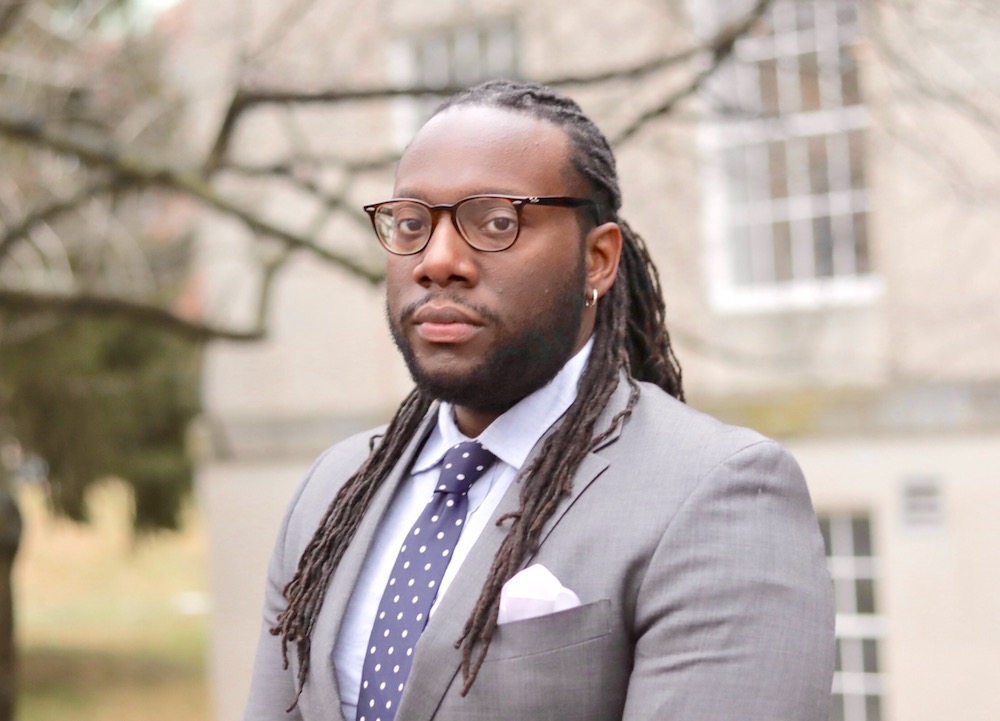
Julius Fleming Jr.
English, University of Maryland College Park
Julius Fleming Jr. is an associate professor of English at the University of Maryland, College Park, where he also serves as director of the English honors program. Specializing in Afro-Diasporic literatures and cultures, he has particular interests in performance studies, Black political culture, diaspora, and colonialism, especially where they intersect with race, gender, and sexuality. Fleming is the author of Black Patience: Performance, Civil Rights, and the Unfinished Project of Emancipation (New York University Press 2022), which received the 2022 Hooks National Book Award. His work appears in journals like American Literature, American Literary History, South Atlantic Quarterly, Callaloo, and The James Baldwin Review. Having served as associate editor of Callaloo and Black Perspectives (the award-winning blog of the African American Intellectual History Society), Fleming has been awarded fellowships from the Woodrow Wilson National Fellowship Foundation, the Mellon Foundation, and the University of Virginia’s Carter G. Woodson Institute.
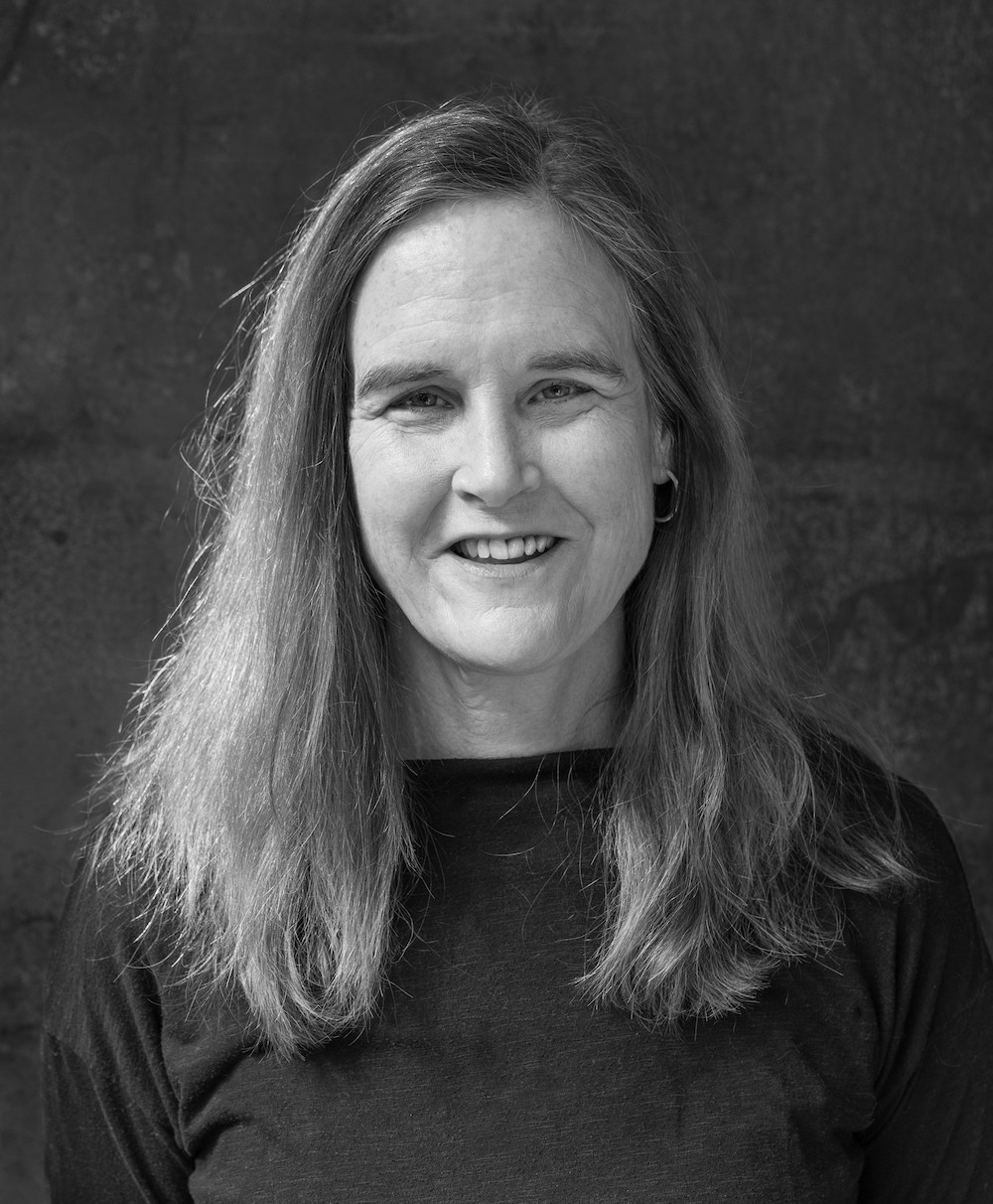
Grace Elizabeth Hale
History, University of Virginia
Grace Elizabeth Hale is the Commonwealth Professor of American Studies and History at the University of Virginia. A recent Carnegie Fellow, an award-winning historian, and an internationally recognized expert on modern American culture and the regional culture of the US South, she has written for the New York Times, the Washington Post, American Scholar, Slate, and CNN, and she has appeared as an expert on southern history on CNN, C-Span, and PBS. She is the author of In the Pines: A Lynching, a Lie, a Reckoning (Little, Brown, 2023); Cool Town: How Athens, Georgia Launched Alternative Music and Changed American Culture (UNC Press, 2020); A Nation of Outsiders: How the White Middle-Class Fell in Love with Rebellion in Postwar America (Oxford University Press, 2011); and Making Whiteness: The Culture of Segregation in the South, 1890–1940 (Vintage, 1999). She also writes about photography and the South in her series Shutter, published by Southern Cultures.

Andy Horowitz
History, University of Connecticut
Andy Horowitz is an associate professor of history at the University of Connecticut and serves as the Connecticut State Historian. As a scholar of the modern United States, his research focuses on disasters and the questions they give rise to about race, class, community, trauma, inequality, the welfare state, extractive industry, metropolitan development, and environmental change. As a public historian, he works to support communities as they engage in acts of collective autobiography. He is the author of Katrina: A History, 1915–2015 (Harvard University Press, 2020), which won the Bancroft Prize and was named the Louisiana Endowment for the Humanities’ Book of the Year. He also coedited Critical Disaster Studies (University of Pennsylvania Press, 2021), and served as guest editor for the Spring 2021 issue of Southern Cultures, Human/Nature.

Charles L. Hughes
Lynne and Henry Turley Memphis Center, Rhodes College
Charles L. Hughes is associate professor of urban studies and history at Rhodes College in Memphis, Tennessee. A historian of race and popular culture in the South and United States, he has written two acclaimed books, Country Soul: Making Music and Making Race in the American South and Why Bushwick Bill Matters, as well as numerous articles and book chapters. He edited a special issue of Southern Cultures dedicated to “The Disabled South” in 2023, he coedits the online music newsletter No Fences Review, and he contributed an essay to Jason Isbell’s Southeastern: 10th Anniversary Edition album. He is writing a new book about African Americans and pro wrestling, as well as articles related to disability and hip-hop, pop music’s history of disability, and Black country music. He’s a voting member of the Rock & Roll Hall of Fame and a participant in Nashville Scene’s annual country music almanac.

Michelle Lanier
Folklorist, University of North Carolina at Chapel Hill
Michelle Lanier is a renowned public historian, folklorist, geographer, filmmaker, multi-genre author, and adjunct fellow at the Center for Documentary Studies and the Department of African and African American Studies at Duke University. She has contributed to numerous documentary films including the acclaimed Mossville: When Great Trees Fall, which she executive produced. Mossville has been screened on five continents and has been used as an impact resource by the EPA and the United Nations. Lanier has published in Southern Cultures, Oxford American, Bitter Southerner, and has authored a children’s book recognized by the Library of Congress. Michelle holds degrees from Spelman College and UNC-Chapel Hill. As director of North Carolina Historic Sites, the conceptualist and director of The Harriet Jacobs Project, and through her larger work as a keeper of memory, Lanier bridges vernacular, artistic, and scholarly realms through the transformative power of place as witness.
Amanda Marie Martînez
American Studies, University of North Carolina at Chapel Hill
Amanda Marie Martínez is an Assistant Professor of American Studies at UNC, Chapel Hill. Her forthcoming book, Gone Country: How Nashville Transformed a Music Genre Into a Lifestyle Brand, will be released by UNC Press. She has also published essays with the Journal of Popular Music Studies, California History, NPR, the Los Angeles Times, and the Washington Post.
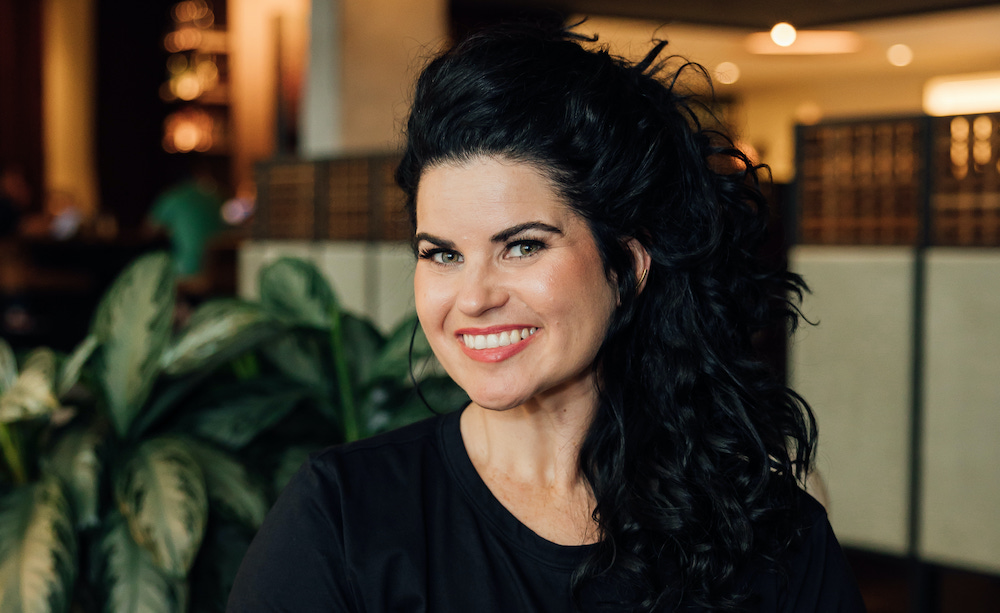
Sarah McNamara
History, Texas A&M University
Sarah McNamara, a historian whose writings examine the histories of Latinas/os, women and gender, immigration, and labor in the US South, is assistant professor of history and core faculty of Latina/o Studies at Texas A&M University. She is author of the award-winning book, Ybor City: Crucible of the Latina South (UNC Press, 2023). In addition to traditional writings, McNamara believes community engagement is essential to historical work. In 2023, she unveiled the historical marker and mural project that commemorates the 1937 Antifascist Women’s March, a project done in cooperation with the Tampa artist and Cuban American muralist Michelle Sawyer. McNamara is a native of Tampa, Florida, and her family is from Ybor City.
Corey J. Miles
Sociology, Tulane University
Corey J. Miles is an ethnographer of the Black South and an assistant professor in the Department of Sociology and Africana Studies Program at Tulane University. He is the author of the award-winning book Vibe: The Sound and Feeling of Black Life in the American South. As a former Minority Fellow for the American Sociological Association and early career fellow for the Institute for Citizens and Scholars, he has produced academic and creative work on the lives of Black southerners.

Bethany Moreton
History, Dartmouth University
Bethany Moreton is professor of history and faculty affiliate of women’s, gender, and sexuality studies; Latin American, Latinx, and Caribbean studies; and the Society of Fellows at Dartmouth College. She coedits the Columbia University Press book series Studies in the History of U.S. Capitalism. Her work includes Perverse Incentives: Economics as Culture War (forthcoming); Entre Dios y el Capital; and To Serve God and Wal-Mart: The Making of Christian Free Enterprise, which won the Frederick Jackson Turner Award and the John Hope Franklin Prize. With historians Gill Frank and Heather White, she coedited Devotions and Desires: Histories of Religion and Sexuality in the Twentieth-Century United States, and she is the author of many articles and book chapters on the conservative intersections of religion, sex, and economics. With Pamela Voekel and Lorgia Garcia-Peña, in 2011 she cofounded Freedom University-Georgia to provide free university-level coursework to Georgia high school graduates banned from public campuses because of their immigration status.
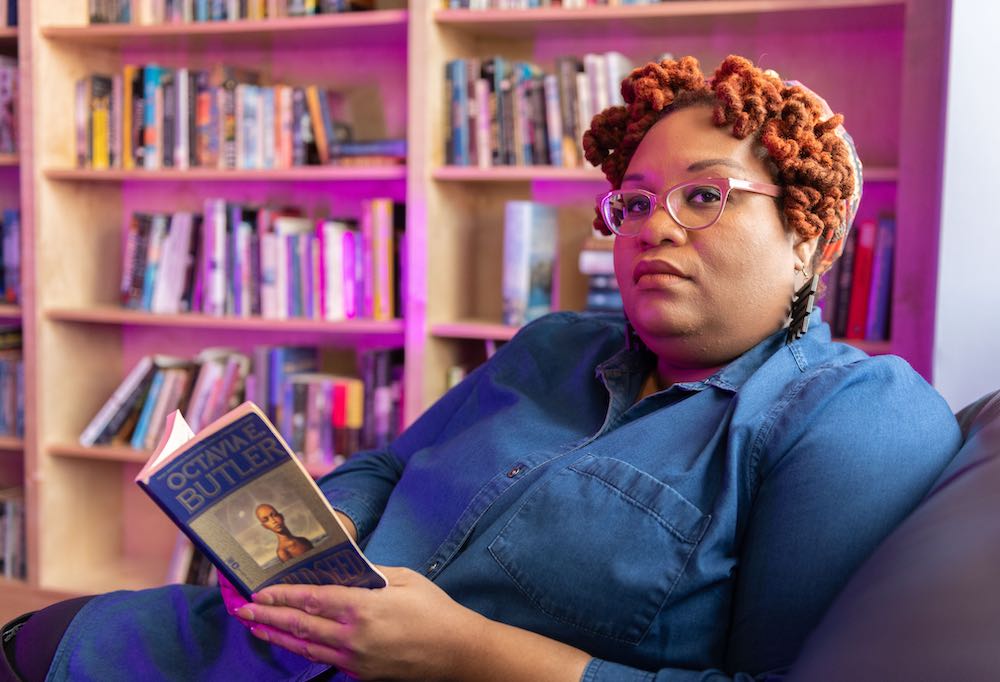
Susana M. Morris
School of Literature, Media, and Communication, Georgia Tech
Susana M. Morris is associate professor of literature, media, and communication at the Georgia Institute of Technology. She is the author of Close Kin and Distant Relatives: The Paradox of Respectability in Black Women’s Literature (University of Virginia Press, 2014), coeditor with Brittney C. Cooper and Robin M. Boylorn of The Crunk Feminist Collection (Feminist Press, 2017), and coauthor with Brittney C. Cooper and Chanel Craft Tanner of the young adult handbook Feminist AF: The Guide to Crushing Girlhood (Norton, 2021). Her research and teaching interests explore Black women’s relationships to Afrofuturism, the Anthropocene, and feminism. She is currently at work on a biography of Octavia Butler titled “Positive Obsession: The Life and Times of Octavia E. Butler.”
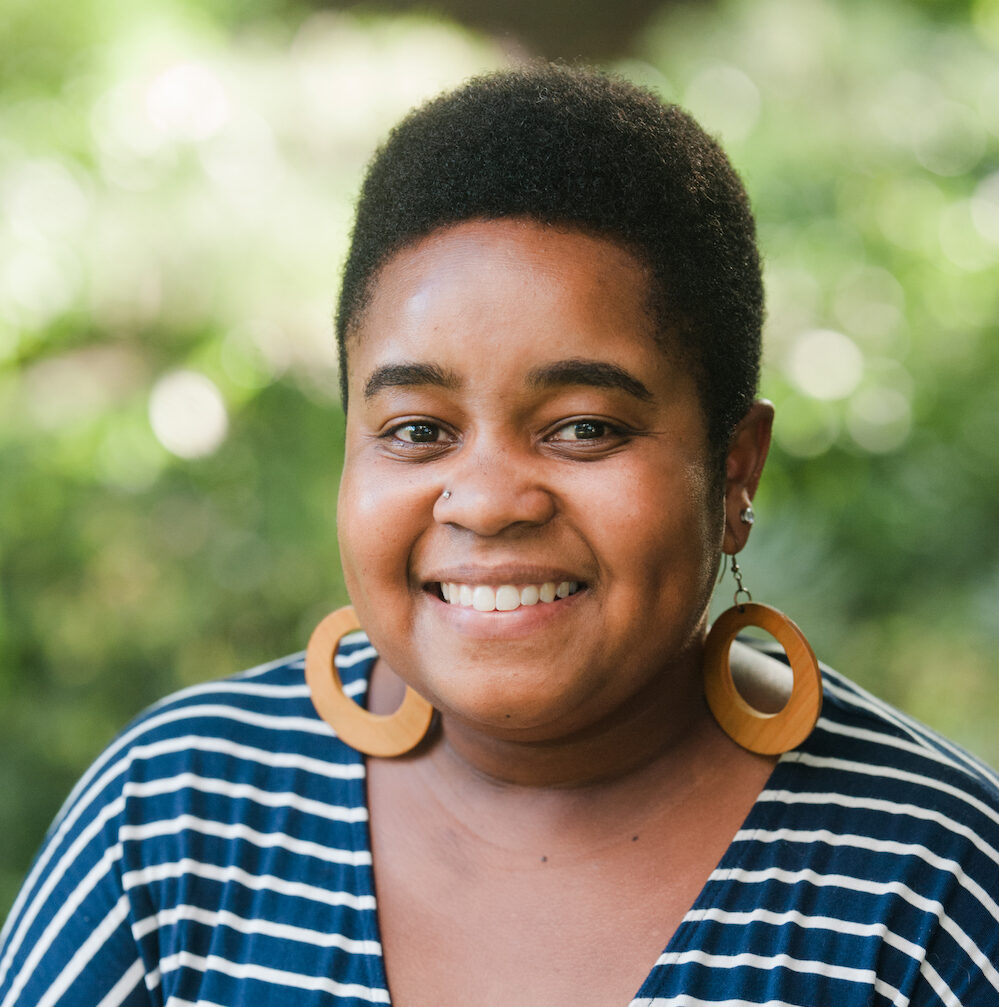
Danielle Purifoy
Geography, University of North Carolina at Chapel Hill
Danielle Purifoy, JD, PhD (she/they), is an assistant professor of geography and environment at the University of North Carolina at Chapel Hill, where she also serves as a faculty project lead for the UNC Environmental Justice Action Research Clinic. Purifoy’s research intersects geography, law, environmental studies, and Black studies to learn about Black placemaking practices from town formation to ecological stewardship. She is the former race and place editor of Scalawag, a media organization devoted to southern storytelling, journalism, and the arts. You can find her work in Society and Space, Annals of the American Association of Geographers, Inside Higher Ed, Environmental Sociology, Scalawag, Southeastern Geographer, Southern Cultures, and Transactions of the Institute of British Geographers, among other publications.

Zandria Robinson
African American Studies, Georgetown University
Zandria Robinson, a native Memphian, is Arthur and Janice’s daughter, and Dasie, Bob, Celia, and Jack’s granddaughter. She is an ethnographer, cultural critic, and memoirist whose work explores race, gender, sound, and spirit in the US South. Robinson is the author of This Ain’t Chicago: Race, Class, and Regional Identity in the Post-Soul South, an ethnography of Black cultures in Memphis, and coauthor of Chocolate Cities: The Black Map of American Life. Her writing on race, place, and music, as well as her profiles of the living and the dead, can be found in several places, including Rolling Stone, Scalawag, Believer, Oxford American, New York Times Magazine, and Glamour. Robinson is at work on a book-length memoir, “Surely You’ll Begin the World,” a two-sided telling of the deaths of three fathers: her daughter’s father, her mother’s father, and her own father.
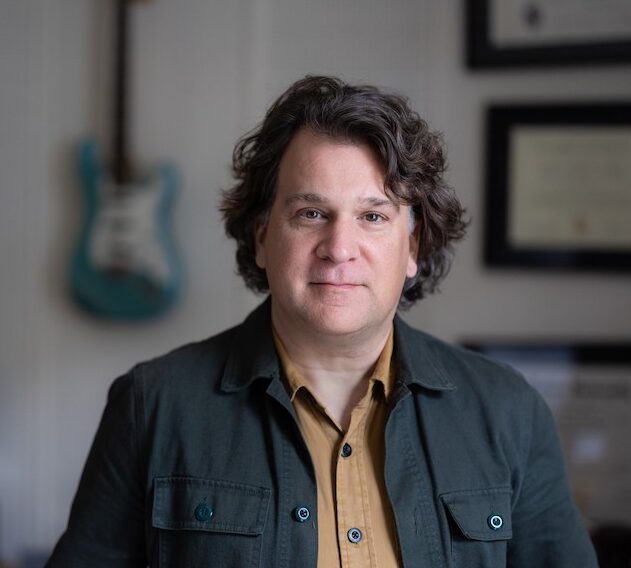
Matt Sakakeeny
Music, Tulane University
Matt Sakakeeny is an associate professor of music at Tulane University who studies the intersection of music, sound, and politics. He is the author of the book Roll With It: Brass Bands in the Streets of New Orleans and coauthor of the edited collections Keywords in Sound and Remaking New Orleans: Beyond Exceptionalism and Authenticity. Sakakeeny’s articles have appeared in the journals Southern Cultures, Souls, Ethnomusicology, and Black Music Research Journal. He has received grants from the Spencer Foundation and the National Humanities Center for his next book about marching band education in New Orleans. Sakakeeny is a board member of two nonprofit organizations, the Roots of Music afterschool program and the Dinerral Shavers Educational Fund. He has lived and worked in New Orleans since 1997.
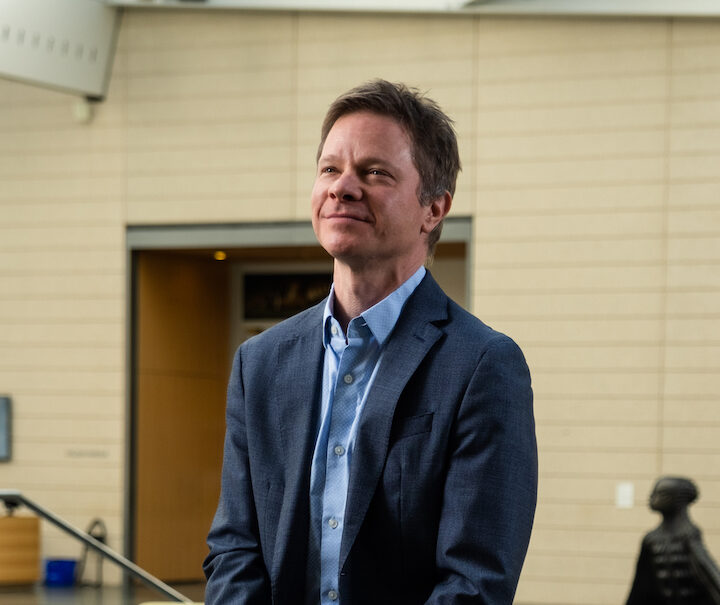
Trevor Schoonmaker
Nasher Museum of Art, Duke University
Trevor Schoonmaker is the Mary D. B. T. and James H. Semans Director at the Nasher Museum of Art at Duke University. Since becoming director in 2020, he has sought to make the museum a place of belonging, making admission free for everyone. Hired in 2006 as the museum’s first contemporary art curator, Schoonmaker has helped shape the Nasher’s curatorial vision and contemporary art collection, with a focus on supporting diverse artists who have been historically underrepresented. His numerous exhibitions include Spirit in the Land (2023); John Akomfrah: Precarity (2018); the New Orleans Triennial, Prospect.4: The Lotus in Spite of the Swamp (2017); Southern Accent: Seeking the American South in Contemporary Art (2016); Wangechi Mutu: A Fantastic Journey (2013); The Record: Contemporary Art and Vinyl (2010); Barkley L. Hendricks: Birth of the Cool (2008); and Black President: The Art and Legacy of Fela Anikulapo-Kuti (2003). Schoonmaker served on the board of the Andy Warhol Foundation for the Visual Arts from 2010 to 2018.

Miriam Brown Spiers
English and American Studies, Kennesaw State University
Miriam Brown Spiers is an Associate Professor of English and American Studies at Kennesaw State University, where she serves as the Director of the M.A. in American program. Her research and teaching interests include Native American and Indigenous literatures, the Native South, science fiction, comics, and formal and generic experimentation. Her recent book, Encountering the Sovereign Other: Indigenous Science Fiction (Michigan State UP, 2021), examines the ways that American Indian novelists have adapted the generic tropes of science fiction as a means of resisting cultural assimilation and reasserting the value of Indigenous knowledges in the twenty-first century.
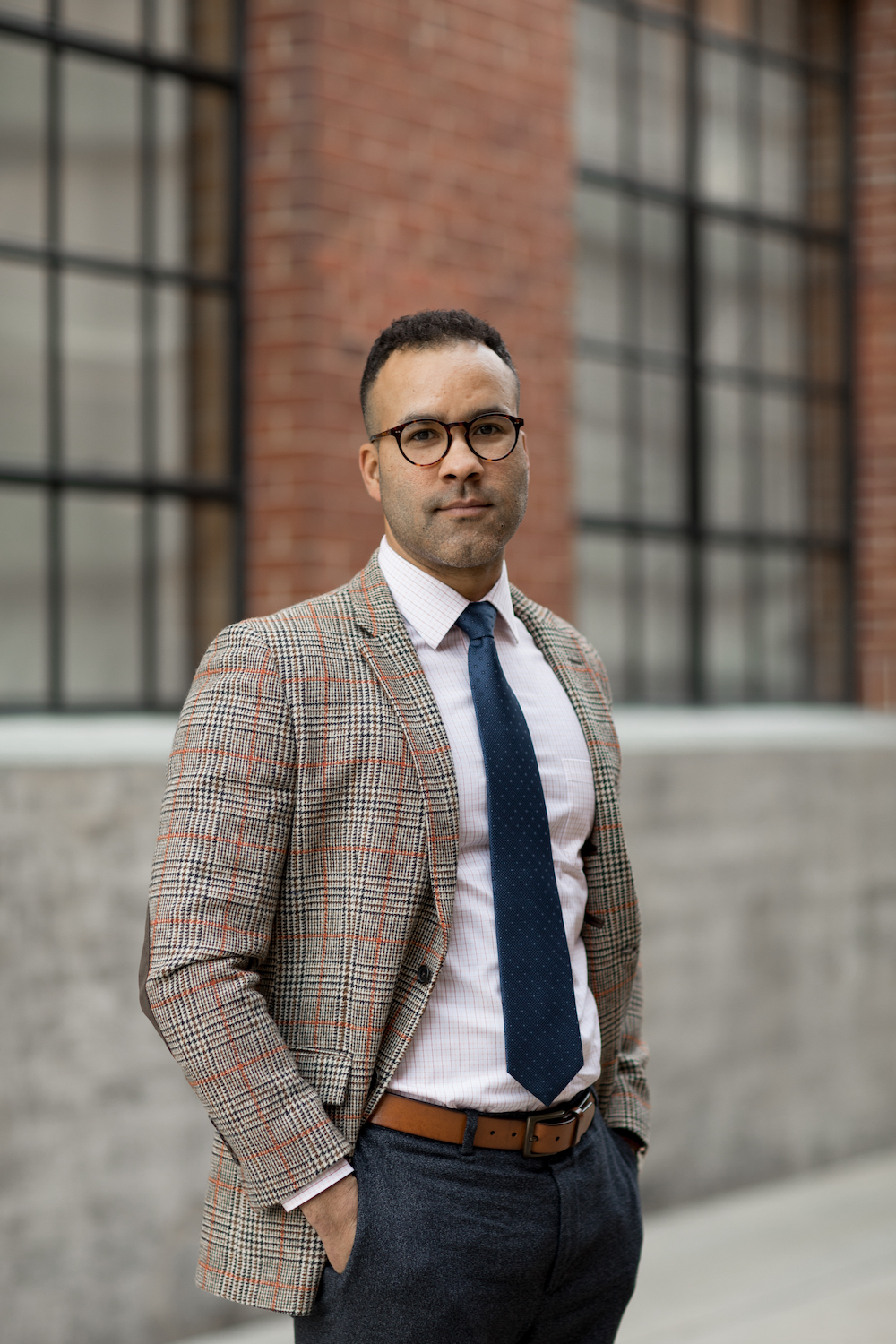
William Sturkey
History, University of Pennsylvania
William Sturkey is an associate professor in the Department of History at the University of Pennsylvania. His research and teaching focuses primarily on the United States after 1865. He is the coeditor of To Write in the Light of Freedom: The Newspapers of the 1964 Mississippi Freedom Schools and the author of Hattiesburg: An American City in Black and White and The Ballad of Roy Benavidez: The Life and Times of America’s Most Famous Hispanic War Hero.

John Troutman
Smithsonian National Museum of History
John Troutman is curator of music and musical instruments at the Smithsonian Institution’s National Museum of American History, and is the museum’s chair of the Division of Culture and the Arts. He is the project director and lead curator of Entertainment Nation, the museum’s award-winning permanent exhibition on the history, power, and politics of entertainment in the United States. Troutman edited music researcher and folklorist Robert “Mack” McCormick’s manuscript, Biography of a Phantom: A Robert Johnson Blues Odyssey. He coproduced a six-LP box set from the field recordings of Mack McCormick, for which he received Grammy nominations for best album notes and best historical album. He is the author of Indian Blues: American Indians and the Politics of Music, 1879–1934 and Kīkā Kila: How the Hawaiian Steel Guitar Changed the Sound of Modern Music. Troutman’s essays have been featured in several anthologies, magazines, and journals.

Jessica Wilkerson
History, West Virginia University
Jessica Wilkerson, a writer and historian from East Tennessee, teaches at West Virginia University, where she is the Stuart & Joyce Robbins Distinguished Chair in History. In 2021, she was named an Andrew Carnegie Fellow in recognition of her scholarship on Appalachia, the South, and women’s history. Her book, To Live Here, You Have to Fight: How Women Led Appalachian Movements for Social Justice (2019), received the H. L. Mitchell Award from the Southern Historical Association in recognition of a distinguished book on the history of the southern working class. Her writing has appeared in Oxford American, Longreads, NPR Music, and the Boston Review, among other outlets. She is the cofounder of several oral history projects including “Queer Mississippi” at the University of Mississippi and “The Women Miners Oral History Project” at WVU. She is currently completing a new book, a history of Appalachia through the lens of women’s lives.
Image: Jessica Fontenot


